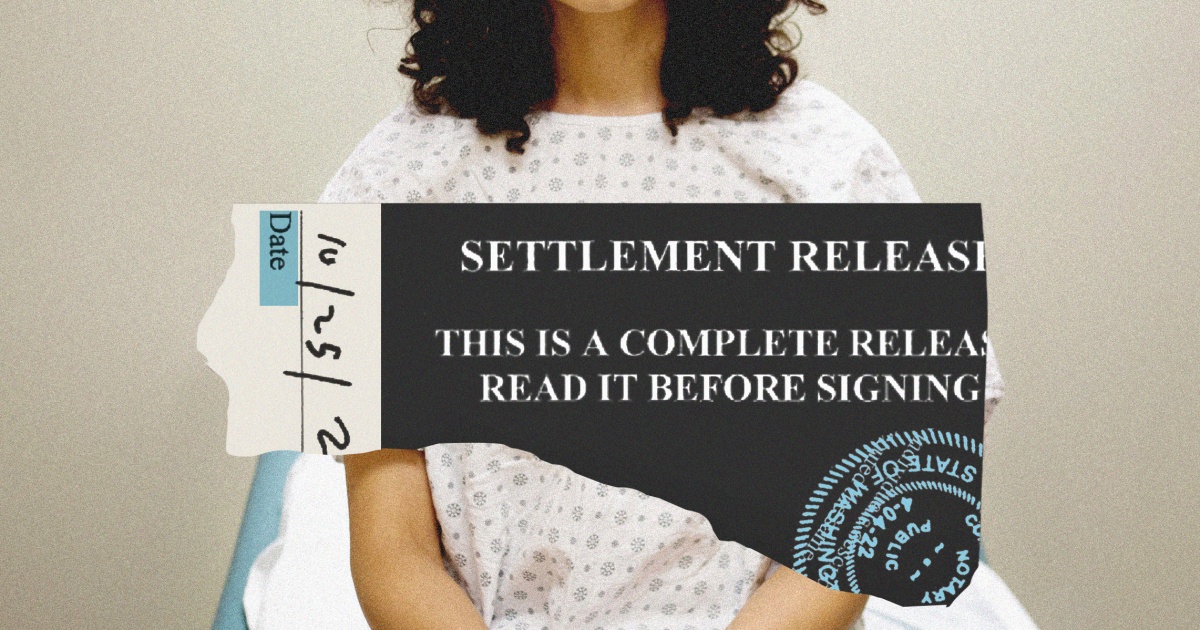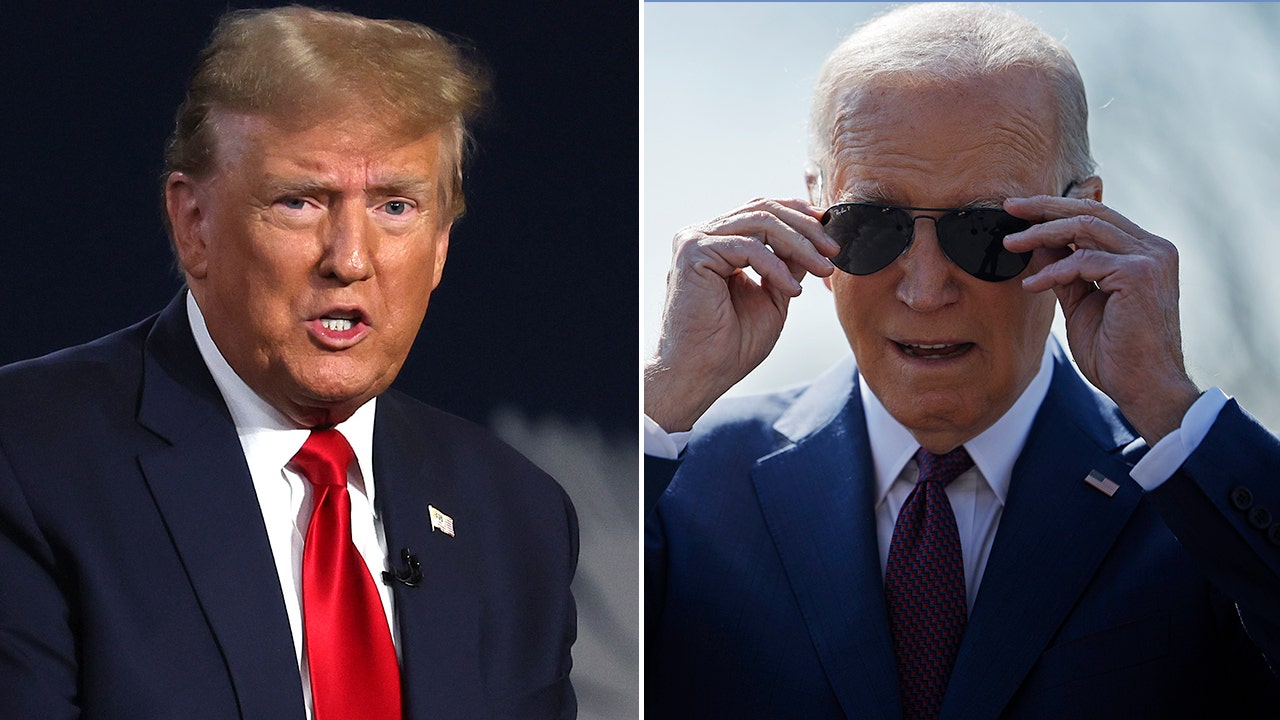She hadn’t quite turned 19 and had just started college when Hana Hooper found out she was dying.
An echocardiogram revealed the telltale signs in grayscale images of an enlarged heart chamber, its walls stretched thin. Her diagnosis — end-stage dilated cardiomyopathy — sounded complicated. But in simple terms, it meant that Hana needed a new heart, and fast.
To survive long enough to get one, she first needed what’s sometimes called “bridge to transplant” surgery — a procedure to place a device in the left ventricle of her failing heart to help it keep pumping.
Her worried parents, Ali and Patrick Hooper, sought to buy time for Hana, the middle of three daughters they raised near Seattle, by arranging for her to have the surgery at one of the most prestigious and largest public hospitals in their home state: the University of Washington Medical Center.But shortly after an esteemed cardiac surgeon, Dr. Nahush Mokadam, performed the procedure in January 2017, it became clear something had gone wrong. Hana suffered a stroke, slipped into a semi-coma and lost her sight.
Her parents later alleged in a lawsuit that Mokadam had used an unconventional surgical technique that put Hana at higher risk for stroke without telling them in advance.
They claimed that, to cover up his wrongdoing, the doctor blamed the surgery’s problems on an unexpectedly “significant amount of plaque” he encountered in Hana’s aorta and removed her from a transplant eligibility list because of it. When the family wanted a second opinion, Mokadam threatened to tell other transplant programs Hana wasn’t suitable for a new heart, they said.
“Dr. Mokadam lied about his operative findings and sought to prevent Hana from obtaining a life-saving” heart transplant, Hana and her parents asserted in a legal notice that preceded the suit.
Mokadam referred questions about the case to his lawyer, who declined to comment.
For more on this story, watch Hallie Jackson NOW tonight at 5 p.m. ET/4 p.m. CT.
The allegations of alarming misconduct in the notice and suit have never made headlines— and the university hoped they never would.
After more than two years, the case was settled in March 2023 with a $12 million payment and neither Mokadam or the university admitting wrongdoing. But the university did include a confidentiality clause — also known as an NDA — a legal tool widely used by major corporations and wealthy celebrities to make accusations go away. In this case, the agreement instructed the Hoopers “not to publicize the names or identities of the defendants” with “any description of their conduct.”
Nondisclosure agreements can keep sensitive details out of the public eye, but they have come under attack in recent years for shielding bad actors and allowing misconduct to persist. Critics say they allow prominent people to keep sexual assault allegations under wraps, for instance, and businesses to silence would-be whistleblowers. But there’s been little focus on the persistent use of NDAs to conceal allegations of wrongdoing at taxpayer-funded institutions, including public hospitals.
While using confidentiality to hide allegations of malpractice is widespread, lawyers and scholars particularly question the use of NDAs at public hospitals, since they receive tax dollars and are subject to transparency laws.
“The information they’re hiding is publicly available, so confidentiality is just a barrier they’ve set up for victims,” said Paul Luvera, a now-retired trial lawyer in Washington state who opposes the routine use of NDAs. “It’s an intimidation clause.”
In 70 of the 89 settlement agreements negotiated for the University of Washington Medical Center and other UW-affiliated hospitals and clinics from 2015 to early 2023 and obtained through public records requests by NBC News, the university included confidentiality clauses that require victims and their families to keep silent about their claims, the amounts they were paid, or both, as a condition of settlement.
As a result, the public has been kept in the dark about allegations of egregious medical mistakes and serious misconduct at Washington’s largest taxpayer-funded hospital system. Payments to settle cases that included confidentiality requirements ranged from as low as $2,000 to as high as $14 million.
Copies of the settlement agreements reviewed for this article, including those that drew some of the largest payments, show the university required secrecy in cases that alleged grave harm:
A newborn who suffered severe brain damage because doctors allegedly failed to properly monitor his heart rate during childbirth ($14 million).
A man who died after doctors allegedly misdiagnosed and improperly treated a cancerous mass in his face and neck ($6 million).
A girl left with permanent cognitive disabilities after a doctor who operated on her face allegedly left bone fragments behind in her skull, causing a catastrophic stroke ($11 million).
A spokesperson for UW Medicine, Susan Gregg, said that the accusations leading to such confidential settlements “may not be factually accurate.”
“Like many health care organizations, including publicly owned organizations, UW asks for confidentiality in order to achieve finality and certainty when a claim concludes,” Gregg said in a statement.
“Confidentiality clauses are a standard industry practice.”
Law firms hired to defend the university are generally instructed in their contracts that settlements “must include” confidentiality. In its NDAs, the university usually presents the agreements to claimants as “mutual promises” of confidentiality, but also typically includes the phrase “will make reasonable efforts” about its own vow to keep the agreement quiet.
That’s because, in some states, government-run hospitals that are subject to public records laws cannot legally withhold many of the key details they require their accusers to keep secret — and they know it.
Several families who settled claims with the University of Washington told NBC News that they weren’t aware that if an outside party requested settlement agreements, the university couldn’t keep them secret. One claimant, Ruby Blondell, said it felt like the university “wasn’t being completely honest.”
“I was taken aback — should we say slightly shocked — to know that we had signed a nondisclosure agreement and we weren’t allowed to talk, but the information was there for the finding for you,” said Blondell, a retired UW professor whose husband, Douglas Roach, died of cancer after alleging in a lawsuit that university doctors failed to tell him about a critical lesion spotted in his lungs. “It was borderline creepy to see that document in your hands with my signature on it,” she said.









:quality(85):upscale()/2023/09/12/325/n/1922153/f9f12dff65015b265b1b28.81666457_.jpg)
:quality(85):upscale()/2022/11/30/962/n/1922729/c4a6e1946387d3de82f2c0.10955903_.jpg)




